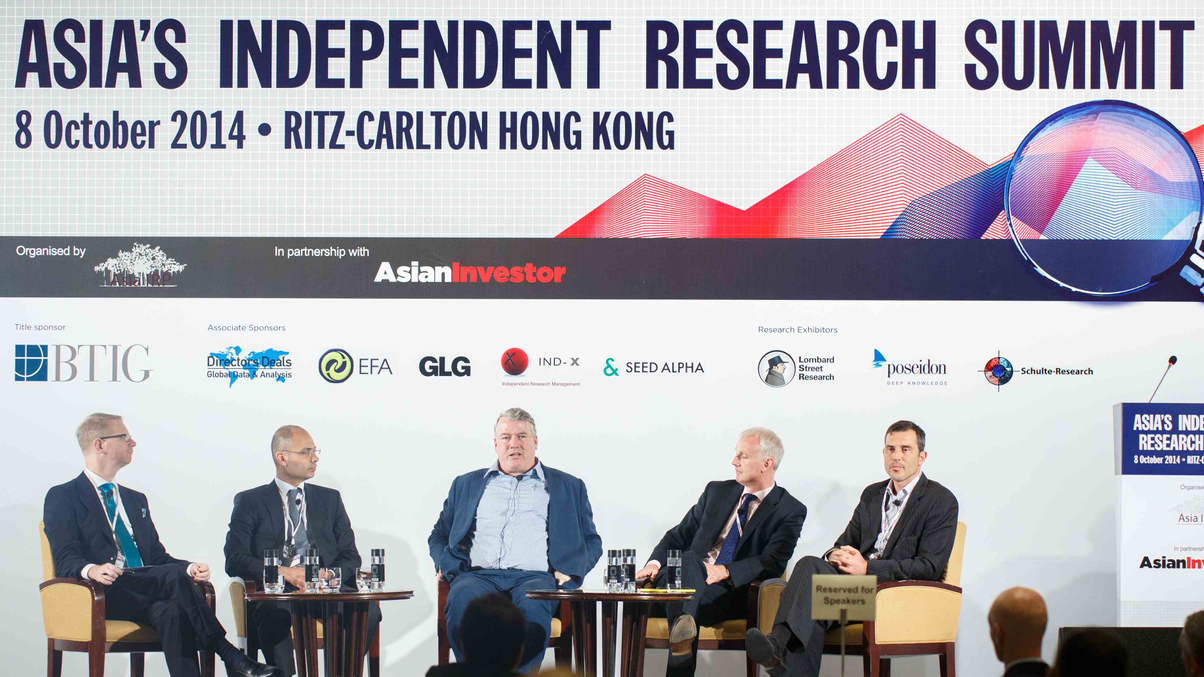Picking the winners and losers from tech advances
Technology is reshaping the finance industry, challenging investors and calling into question ways of calculating productivity and growth, argued experts at an AsianInvestor forum.

Technology is transforming the finance industry and investable universe, but debate as to the benefits of those changes continued at a forum last week organised by industry body Asia IRP in partnership with AsianInvestor.
Sign in to read on!
Registered users get 2 free articles in 30 days.
Subscribers have full unlimited access to AsianInvestor
Not signed up? New users get 2 free articles per month, plus a 7-day unlimited free trial.
¬ Haymarket Media Limited. All rights reserved.


